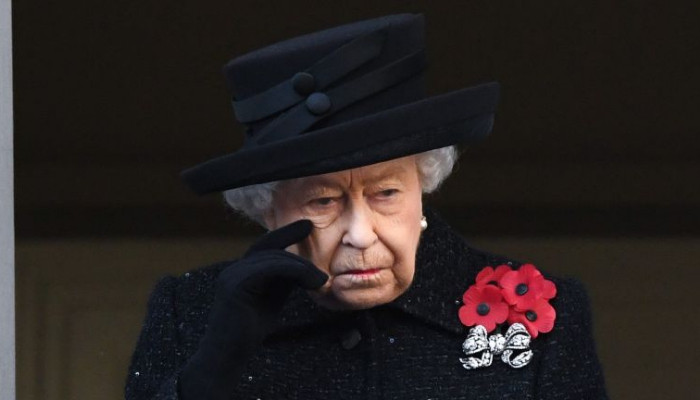Will Queen Elizabeth abdicate the throne amid worsening health? Experts reveal

Queen Elizabeth, who turned 96 last month, has now missed numerous royal engagements in the months since concerns about her health were first ignited in October 2021.
While the monarch continues to struggle with her waning health and mobility issues, royal experts believe that retirement is not on the cards.
Women and Home reporter Emma Dooney spoke with some royal experts as well as constitutional experts to better explain why the Queen can’t just retire fully from public life and give way to her son, Prince Charles.
With the Queen now having missed major royal engagements including the State Opening of Parliament on May 10, many have suggested that the 96-year-old monarch should step down but experts maintain that it isn’t practically possible.
According to Dooney: “If the Queen wishes to transfer her powers to the Prince of Wales without having to abdicate, a ‘regency’ would have to take place. However, this wouldn’t happen without some tough board table talks between five key players in the British monarchy.”
This was further explained by constitutional expert Prof Vernon Bogdanor, who said: “A regency requires three out of five dignitaries, the Prince of Wales, the lord chancellor, the Speaker of the Commons, the lord chief justice and the master of the rolls, to certify that the Queen is permanently—permanently—incapable of carrying out her duties.”
“That judgment would no doubt be made on doctor’s advice. There is no evidence that this is the case… The criterion is objective. The Queen cannot simply say: ‘I cannot carry out my duties.’ A voluntary decision she could in theory take is abdication,” he added.
However, abdication is also not on the cards for Queen Elizabeth, who, according to royal historian Hugo Vickers, believes it to be against the pact she made with God when she ascended the throne in 1953.
The Guardian quoted Vickers: “She is an anointed Queen. And if you are an anointed Queen you do not abdicate.”
0 Comments